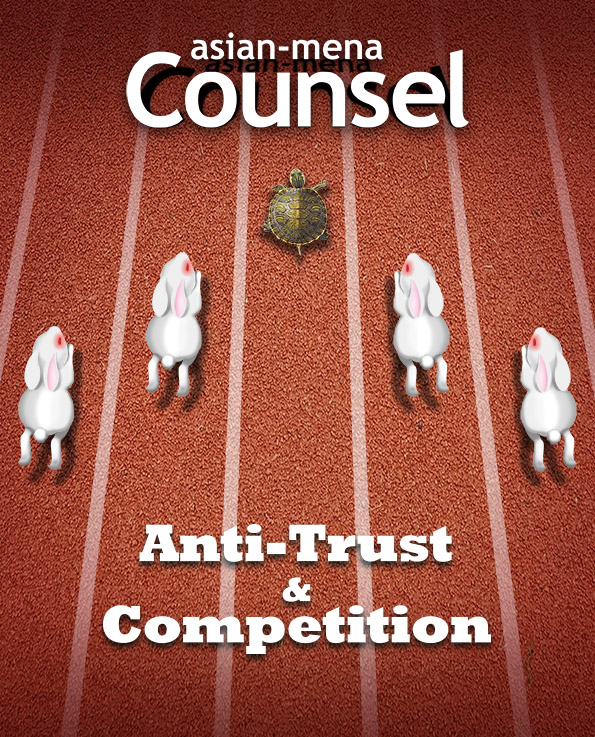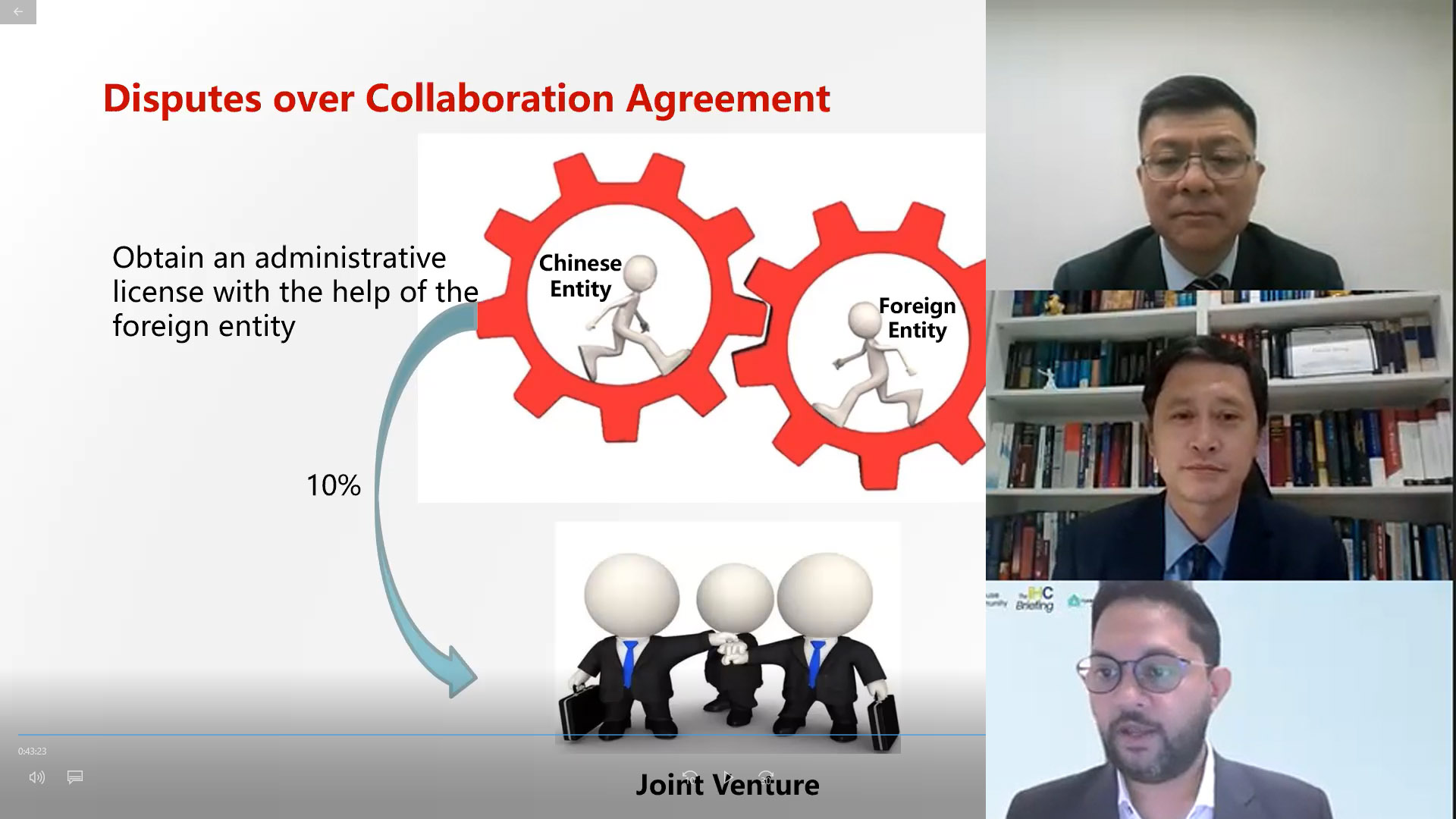 After a period of rapid adoption of competition laws in Asia, only Bhutan and North Korea are compliance safe spaces, writes Nick Ferguson.
After a period of rapid adoption of competition laws in Asia, only Bhutan and North Korea are compliance safe spaces, writes Nick Ferguson.
Doing business in Asia is getting increasingly complicated as jurisdictions have embraced competition laws and started active enforcement. This is good news for external advisers, but a potential compliance headache for in-house teams.
Even Hong Kong, which once prided itself as a bastion of free-market principles and laissez-faire regulation, has entered the enforcement phase of its new competition regime, with two proceedings launched so far this year — one against five technology companies accused of bid-rigging and another against 10 construction and engineering companies accused of price-fixing.
Enforcement activity is also on the rise in China, Japan and Korea. Indeed, China has quickly established itself as one of the most active jurisdictions in the world for competition law, with the commerce ministry handling 353 merger cases in 2016, which is even more than the EU. In Korea, the Fair Trade Commission imposed total fines of US$760 million in 2016 — almost double that of the US — and this year it imposed a US$900 million fine on Qualcomm.
“With competition regimes emerging and strengthening in Asia, companies doing business here will need to invest more resources to ensure compliance with the region’s diverse laws and enforcement practices,” according to Kaori Yamada, partner and co-head of Freshfields’ Asia antitrust, competition and trade practice. “Appropriate training, policies, procedures and internal reporting mechanisms can all mitigate the risk of infringement, but in-house legal teams need to keep these under constant review to keep pace with the region’s rapidly evolving landscape.”
Wherever companies do business in Asia today they are typically butting up against a competition environment that is either immature or undergoing significant amendments, and often both. China, Indonesia, Japan, Mongolia, Thailand and Vietnam are all either considering or actively overhauling their regimes, while countries such as Brunei, Laos, Myanmar and the Philippines all have relatively young competition laws that companies with global operations need to be aware of. And with Cambodia’s draft law close to being finalised, that leaves Bhutan and North Korea as the only jurisdictions in the region without some form of competition law.
Compared to the unified competition authorities in Europe and the US, the situation in Asia can be confusing and time-consuming. Qualcomm’s US$39 billion acquisition of NXP Semiconductor, for example, requires notification to merger control authorities in China, Japan, Korea, the Philippines and Taiwan.
 Besides merger control, a particular focus for authorities in Asia is cartels. Almost every country in the region has a history of large groups dominating certain sectors of the economy, from the chaebol in Korea and the keiretsu in Japan, to the 40 or 50 families that control the economies of Hong Kong and South-East Asia. While these dynamics are changing, bid-rigging for government contracts remains a pervasive problem that costs the region billions of dollars a year, especially in developing economies where public procurement is typically higher as a share of GDP than in rich countries.
Besides merger control, a particular focus for authorities in Asia is cartels. Almost every country in the region has a history of large groups dominating certain sectors of the economy, from the chaebol in Korea and the keiretsu in Japan, to the 40 or 50 families that control the economies of Hong Kong and South-East Asia. While these dynamics are changing, bid-rigging for government contracts remains a pervasive problem that costs the region billions of dollars a year, especially in developing economies where public procurement is typically higher as a share of GDP than in rich countries.
“This is a type of cartel that is a priority for many jurisdictions in Asia as it directly affects the public purse by making products more costly for the government and ultimately the taxpayers,” said Ruben Maximiano, a competition specialist at the OECD.
Hong Kong’s first bid-rigging case is scheduled to be heard by the Competition Tribunal in June 2018, while Korea has been particularly active in pursuing such cases recently, having imposed fines of W37.8 billion (US$34m) on four conveyor belt companies and penalised six concrete associations for collusion. Bid-rigging was also found in the power sector, with Korea Hydro and Nuclear Power both fined for anti-competitive practices.
Leniency programmes have proven surprisingly effective at obtaining evidence against cartels, particularly in Japan and Korea, but also in China, India, Singapore and Taiwan, according to Freshfields.
As competition authorities become more sophisticated and tackle more complex cases, enforcement powers have been increasing — and so has the confidence of the agencies charged with tackling anti-competitive behaviours and merger review, including thorny intellectual property issues in the digital economy, complex theories of harm and even issues arising from foreign-to-foreign M&A.
While there is some cause for concern given the rising protectionism seen around the world, specialists say they have yet not seen competition authorities in Asia using their powers to favour domestic players over foreign counterparts — and, in fact, foreign investment rules are actually being relaxed in several countries, such as China and Vietnam.
One thing is for sure — as the competition landscape in Asia continues to evolve, in-house legal teams will need to invest more resources into compliance.
“Undeniably, the centre of gravity of global competition law enforcement has shifted closer to Asia,” said Alastair Mordaunt, partner and co-head of Freshfields’ Asian antitrust, competition and trade practice. “While there are still huge variations across the region in terms of economic and political development, we are seeing Asian markets take a much more vigorous and sophisticated approach to competition law enforcement, and companies should take notice.”
Asian antitrust milestones
2017
- New law comes into effect in Thailand
- Enforcement begins in the Philippines
- Merger control thresholds amended in India
- Korea Fair Trade Commission fines Qualcomm approximately US$900m
- Malaysia Competition Commission issues record fines in insurance sector
- New sanctions come into effect in Mongolia
- Hong Kong Competition Commission brings its first two cartel cases before the Competition Tribunal
2018
- New competition law expected to be enacted in Vietnam
- Draft text of changes to fining procedures expected to be introduced in Japan
- Amendments to competition laws in Indonesia and Mongolia to be considered
- Various rules on antitrust investigations and abuse of intellectual property rights to be considered in China
2019
- Expected establishment of Asean Competition Enforcers’ Network
- Philippine Competition Commission expected to complete its investigation into the cement industry
2020
- New Asean Regional Guidelines for Competition Policy to be issued
- Study on recommended procedures for joint investigations and decisions among Asean countries on cross-border cases to be completed




















